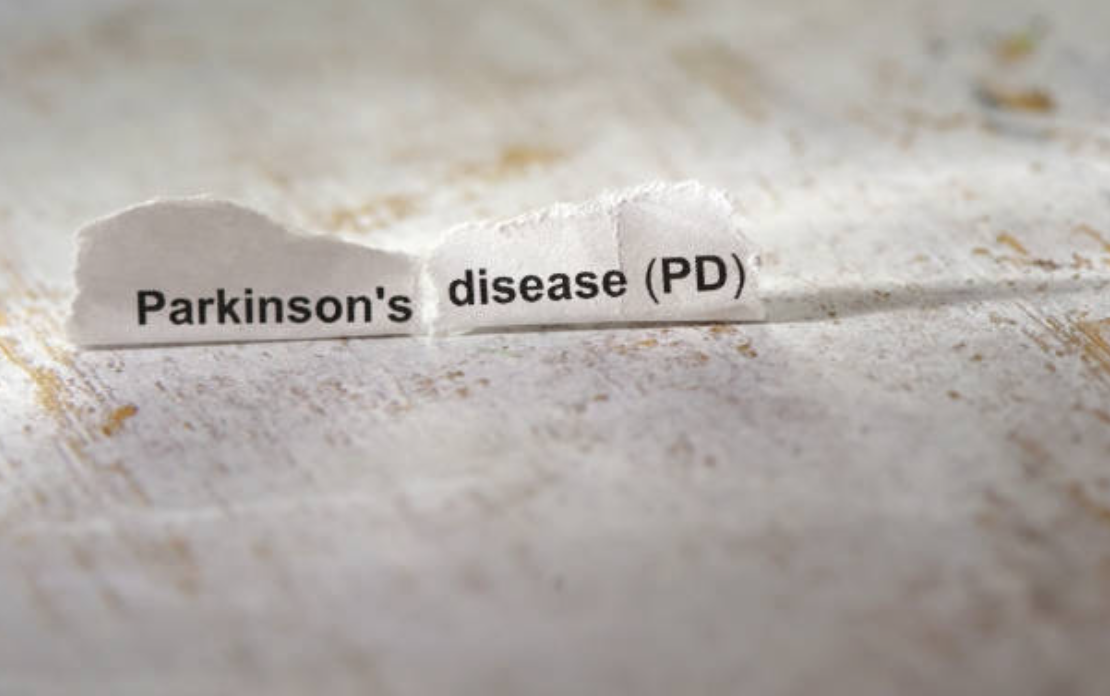Yesterday, the US Food and Drug Administration (FDA) approved Herceptin Hylecta, a new breast cancer therapeutic developed by biotech company, Halozyme, and Roche’s Genentech.
The new drug combines Genentech’s Herceptin (trastuzumab), the commonly prescribed monoclonal antibody, with Halozyme’s recombinant human hyaluronidase enzyme (rHuPH20) which helps deliver trastuzumab under the skin. The fixed-dose drug can be administered subcutaneously in just two to five minutes, compared to the lengthier 30-90 minutes with Herceptin alone.
“Over the past 20 years, Herceptin has significantly advanced treatment of HER2-positive breast cancer,” said Dr. Sandra Horning, chief medical officer and head of Global Product Development at Genentech in a press release. “The approval of Herceptin Hylecta gives physicians and patients in the United States a new option to select treatment based on individual needs and preferences.”
The American Cancer Society estimates that 271,000 American women will be diagnosed with breast cancer and over 15 percent of them will die from the disease in 2019. Women with metastatic breast cancer have a lower 5-year survival rate (27 percent) compared to women with localized breast cancer (99 percent).
The approval of Herceptin Hylecta comes from the results of three clinical studies.
- HannaH – Phase III non-inferiority study showing that the new treatment plus chemotherapy was no less effective than Herceptin plus chemotherapy
- SafeHER – Phase III study demonstrating equivalent safety and tolerability of Herceptin Hylecta to intravenous Herceptin
- PrefHER – Prospective, international, open-labelled trial showing that the majority of patients preferred subcutaneous Herceptin Hylecta over intravenous Herceptin
Herceptin Hylecta is currently approved for the treatment of certain people with early-stage HER2-positive breast cancer plus chemotherapy, HER2-positive metastatic breast cancer plus paclitaxel and people who have received several different chemotherapy treatments for metastatic disease. The most common side effects reported by the companies and FDA are fatigue, gastrointestinal disturbances and respiratory problems.
This is the third approval of drugs containing Halozyme’s proprietary ENHANZE technology, the brand name of their hyaluronidase enzyme. HYQVIA, developed in partnership with Baxalta (a spinoff of Baxter International), was approved in 2014 for the treatment of adults with primary immunodeficiency. Three years later, a subcutaneous version of Rituxan (rituximab) was approved for the treatment of different blood cancers. According to Halozyme’s development pipeline, there are at least seven product candidates for nearly 50 total potential targets being tested.
Total Herceptin sales reached approximately $7 billion in 2018, maintaining Genentech’s substantial market share in breast cancer therapeutics. However, the appearance of biosimilars like Mylan’s Ogivri and more recently, Celltrion and Teva’s Herzuma, could mean serious competition. The biotech giant will have to see if doctors and patients will gravitate towards their newly approved breast cancer therapeutic, Herceptin Hylecta.











Join or login to leave a comment
JOIN LOGIN